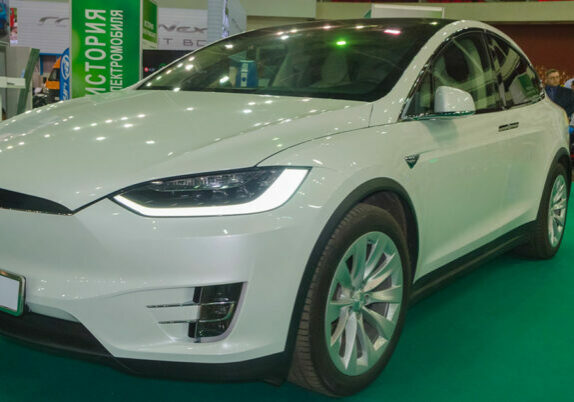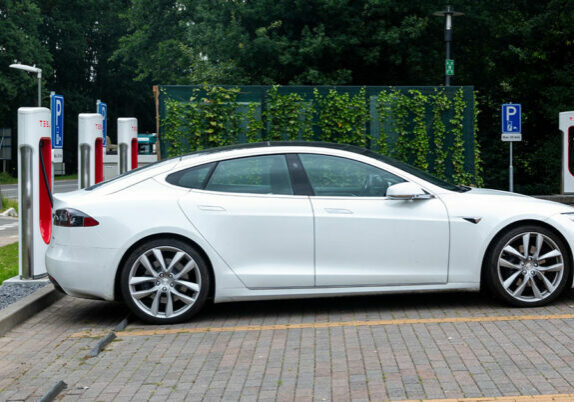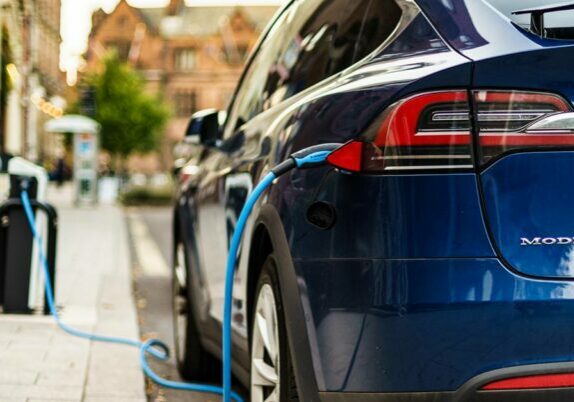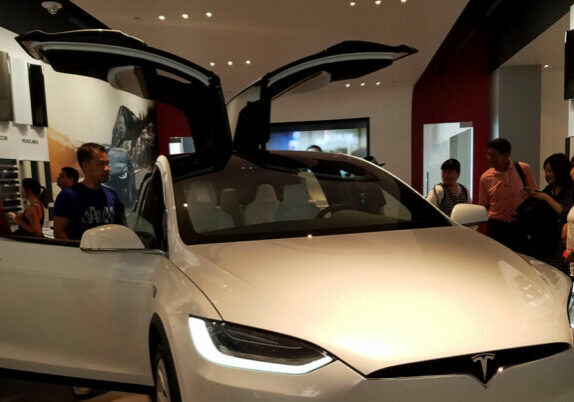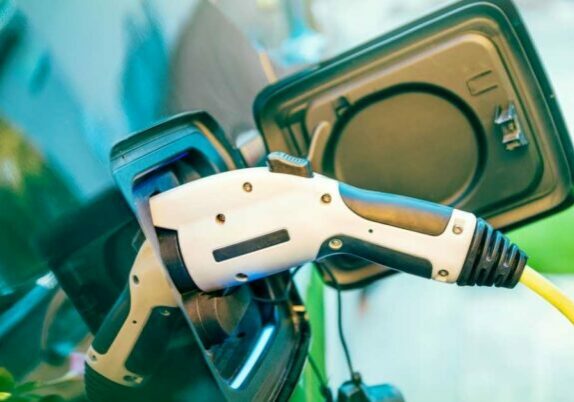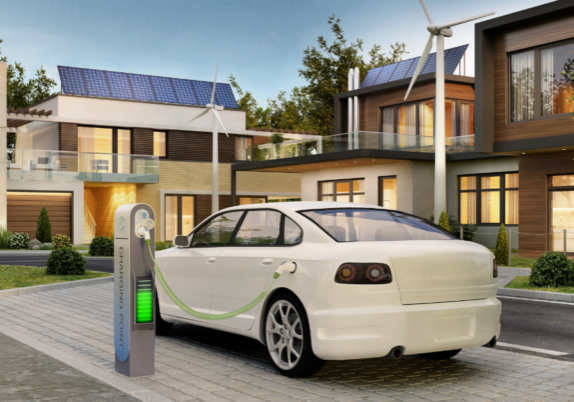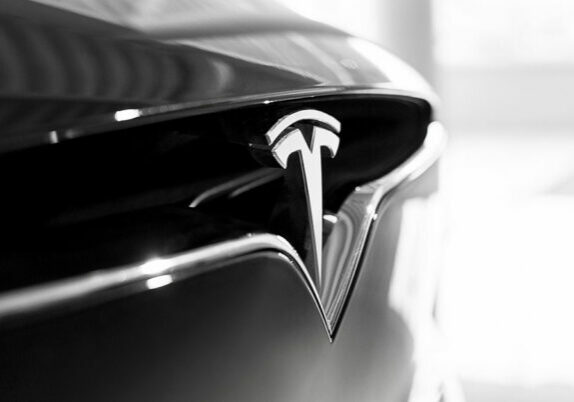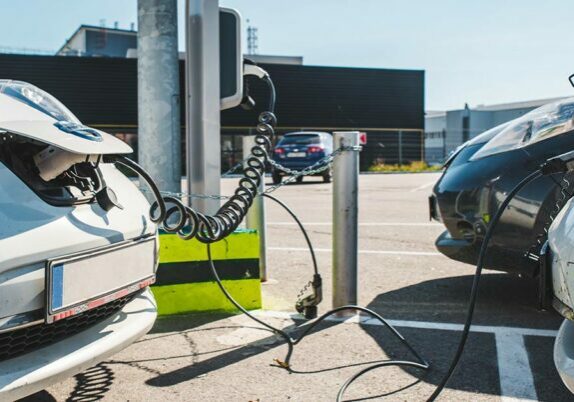Are you considering buying an electric vehicle but pondering the question, “Will electric vehicles get cheaper?” You’re not alone. The cost of electric cars has been a major barrier to mass adoption, with many consumers opting for gas-powered vehicles instead.
However, the good news is that experts predict electric vehicles will soon reach price parity with their gas-powered counterparts.
So, what’s causing the high cost of electric vehicles? And why are they expected to get cheaper? In this article, we’ll explore the factors affecting electric vehicle prices, the current state of the EV market, and whether or not electric vehicles will get cheaper in the future.
Whether you’re a potential EV buyer or just curious about the future of transportation, read on to learn more.
What Do Electric Vehicles Cost?
Electric car prices have been reducing and are expected to continue in the coming years. One of the main factors affecting the price of an EV is the cost of the battery, which can account for more than half of the total cost of the vehicle. However, lithium-ion batteries have dropped by 97% since they were commercially introduced in 1991, allowing EV makers to reduce the price of their cars.
Innovations in battery chemistry also lead to cost reductions, with many manufacturers investing in research and development to improve battery performance while reducing costs. Despite the current price gap between EVs and gas-powered cars, price parity is expected to be achieved in the near future. Once batteries cost less than $100 per kilowatt-hour, EVs will be priced similarly to internal combustion vehicles.
Bloomberg NEF predicts EVs will be cheaper than gasoline vehicles “in about five years, without subsidies.” As more electric cars are produced, production and delivery processes become more efficient, decreasing unit costs. These factors combined suggest that the average price of EVs will continue to decline in the coming years.
Why Are Electric Cars So Expensive?
The high cost of electric cars can be attributed to the fact that batteries make up over half of the vehicle’s total cost. Electric cars require lithium-ion battery cells, which are more expensive than a gas-powered car’s combustion engine and fuel tank. However, lithium-ion batteries have dropped 97% since their introduction in 1991, allowing electric car manufacturers to reduce the price of their vehicles.
Another factor in the high cost of electric cars is the lack of economies of scale. As more electric vehicles are produced, the cost of production and delivery processes become more efficient, leading to decreased unit costs.
Tax credits and incentives for electric car purchases can help offset the initial high cost.
Electric car costs are expected to decrease as technology improves, and more electric cars are manufactured.
Are Electric Cars Getting Cheaper?
You’ll be surprised to learn that the cost of owning a new electric car is expected to become noticeably more affordable in the near future. Thanks to advancements in battery technology and increased production efficiency, electric vehicles could match gasoline cars in terms of price.
Experts predict that price parity with gas-powered cars is just around the corner. One major factor driving down the cost of electric vehicles is the falling price of lithium-ion batteries. These batteries make up over half the cost of an electric car, but prices have dropped a staggering 97% since their commercial introduction in 1991.
As more automakers switch to electric and production processes become more efficient, the cost of electric vehicles will continue to drop. With Tesla leading the market and other automakers following suit, it’s only a matter of time before owning an electric car is better for the environment and less expensive than driving a gas-powered vehicle.
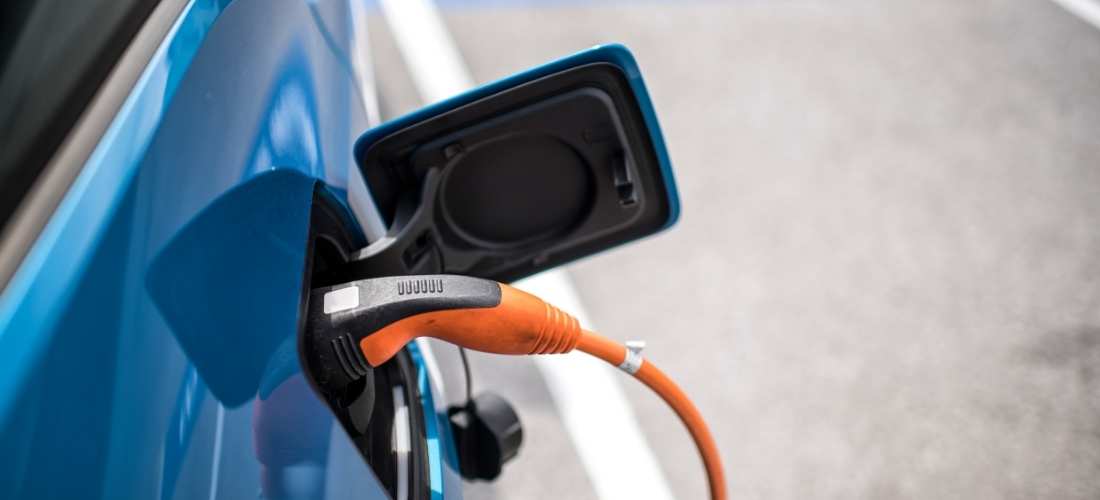
orange plug into blue car charging cost
How Cost-Effective is an Electric Car?
As the electric car market continues to grow and battery technology improves, owning an EV is becoming increasingly cost-effective for drivers looking to save money on fuel and maintenance expenses.
While the purchase price of an electric vehicle may still be higher than that of a comparable gasoline car, the cost savings over time can more than makeup for the initial investment. This is mainly because EVs have fewer moving parts than traditional cars, which means less maintenance and repairs over the vehicle’s lifespan.
Automakers are also making efforts to reduce the price of EVs, with price cuts becoming more common as battery materials become cheaper and production processes more efficient. As more players enter the car market, competition is expected to drive down prices further.
Additionally, the availability of used electric vehicles is increasing, providing buyers with more affordable options.
Overall, the cost-effectiveness of owning an electric vehicle is only expected to improve in the coming years.
Will Electric Vehicles Continue To Get Cheaper?
If you’re wondering whether electric cars are going to become more affordable in the future, it’s worth considering the factors that affect their prices.
One of the main factors is advancements in battery technology, which is crucial for the overall cost of an electric vehicle. As the prices for lithium-ion batteries continue to decrease, the cost of producing EV models will also go down. Once batteries cost less than $100 per kilowatt-hour, price parity with internal combustion vehicles is expected to be reached.
Additionally, the more electric vehicles are produced, the more efficient production and delivery processes become, decreasing unit costs.
Another factor that could contribute to the affordability of electric vehicles is the expansion of charging networks. Without a good charging network, potential electric vehicle buyers have range anxiety, which can affect their decision to purchase a new car.
However, China has made a massive push to expand its EV charging network, with over 112,000 charging stations installed in December 2020 alone. As more countries follow suit and invest in charging infrastructure, the convenience of owning an electric vehicle will increase, making it a more attractive option for consumers.
Overall, while electric vehicle costs may not match gasoline cars, the price parity is expected to be reached in the next few years.
Final Thoughts
So, will electric vehicles get cheaper? The short answer is yes.
As battery costs continue to decrease and advancements in technology are made, the price of electric vehicles is expected to reach parity with gas-powered cars in the near future.
This means that more people will be able to afford to switch to electric, and the environmental benefits of electric vehicles will become more accessible to the masses.
Howevit’sit’s important to remember that the true cost-effectiveness of an electric vehicle goes beyond just the initial price tag.
Electric cars are more efficient and require less maintenance than gas-powered cars, saving you money in the long run.
Plus, the environmental benefits of electric vehicles are priceless.
By choosing an electric vehicle, you’re not only saving money, but you’re also contributing to a more sustainable future.
So, while the initial cost may be higher, the long-term benefits make it a worthwhile investment.

